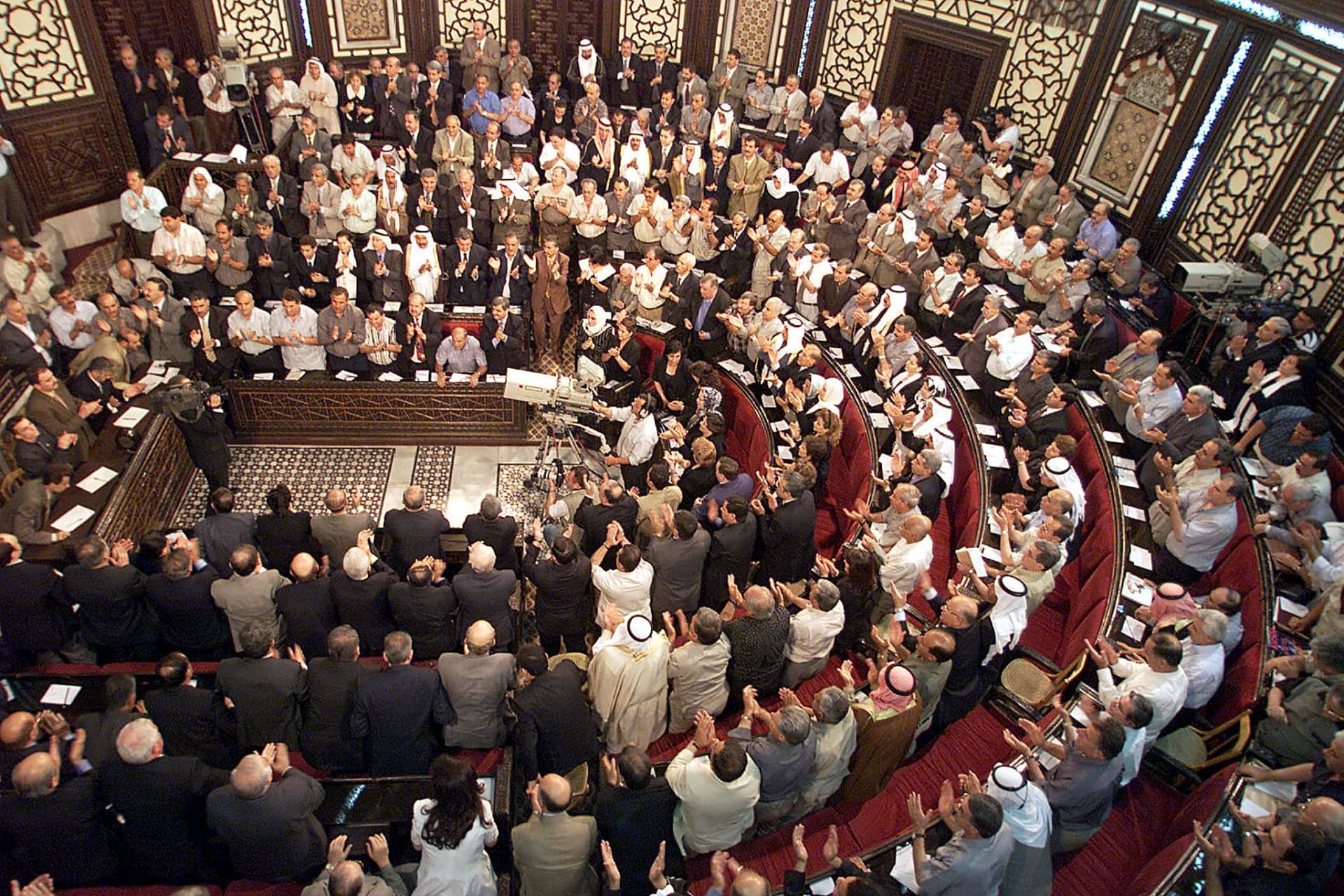Just two days after the People’s Assembly’s Constitutional and Legislative Affairs Committee unanimously rejected the Ministry of Justice’s request to grant permission to prosecute Assembly member Rasim al-Masri, the committee retracted its decision and granted permission to prosecute, raising many questions about the criteria followed by the committee in initially rejecting and subsequently accepting the request.
The Minister of Justice returned to the Committee on Constitutional and Legislative Affairs with a request for permission to prosecute, stressing that the committee’s decision to refuse permission violated article 228, paragraph 7, of the rules of procedure of the People’s Assembly.
The minister argued that the committee’s decision was not based on any explanation or justification. He indicated that the committee’s role is limited to verifying that the request for permission to prosecute is impartial and based on precise justifications and obligations. It is not the committee’s task to investigate the validity of the accusations against the member.
The current Constitutional and Legislative Affairs Committee’s term ends with the first meeting of the new People’s Assembly, which will reconstitute its committees from members of the fourth legislative round.
The decision to reverse the committee’s previous unanimous decision after only two days raises questions about the seriousness of the committee’s work, its understanding of the People’s Assembly’s rules of procedure, and the integrity and independence of the legislative authority’s decisions. It also raises concerns about potential submission to the will of the Ministry of Justice.
This reversal sets a precedent for the next parliament, indicating that any future request from the Ministry of Justice to grant permission to prosecute any member of the People’s Assembly will likely be approved.
What are the charges?
The reason for the Ministry of Justice’s request to prosecute People’s Assembly Masri stems from a letter issued by the Lattakia City Council accusing him of committing violations on property No. 2796 in Damsarkho. The details outlined in the letter are as follows:
Based on the violation committed by Masri, owner of property No. 2769 in Damsarkho Real Estate, which included constructing three additional floors without engineering supervision, a casting permit, or a contracting contract, and continuing work despite the property being sealed:
- A sign should be placed to prevent disposal on property No. 2769 in Damsarkho Real Estate, covering all its denominators “from 1 to 16 for the owner Rasim Masri” – license number 13 dated 13/4/2023, to ensure the right of the administrative unit, protect citizens’ rights, and preserve their security and safety.
- The provisions of Legislative Decree No. 40 of 2012 and its executive instructions, and Law No. 5 of 2020, should be implemented.
Following the partial lifting of his immunity and permission to prosecute, the Syrian judiciary will begin to investigate the accusations stated in the report of the Lattakia Municipal Council. This investigation will aim to clarify the full truth and determine whether Masri will be convicted or acquitted based on the judiciary’s findings.
This article was translated and edited by The Syrian Observer. The Syrian Observer has not verified the content of this story. Responsibility for the information and views set out in this article lies entirely with the author.


